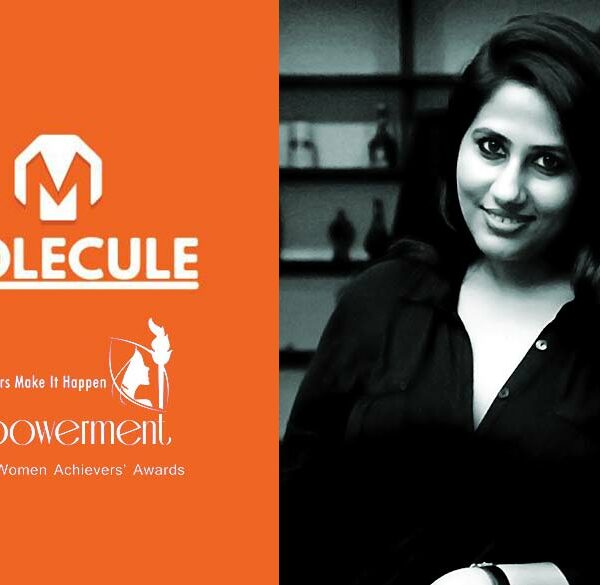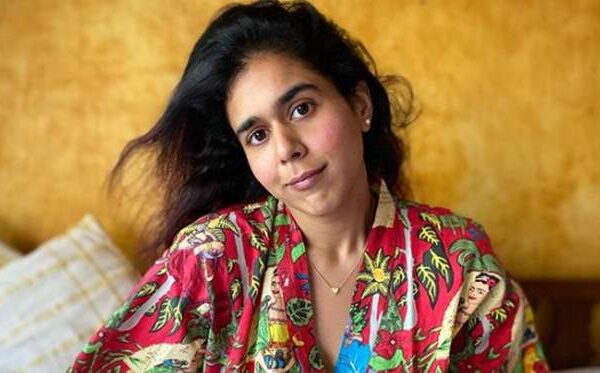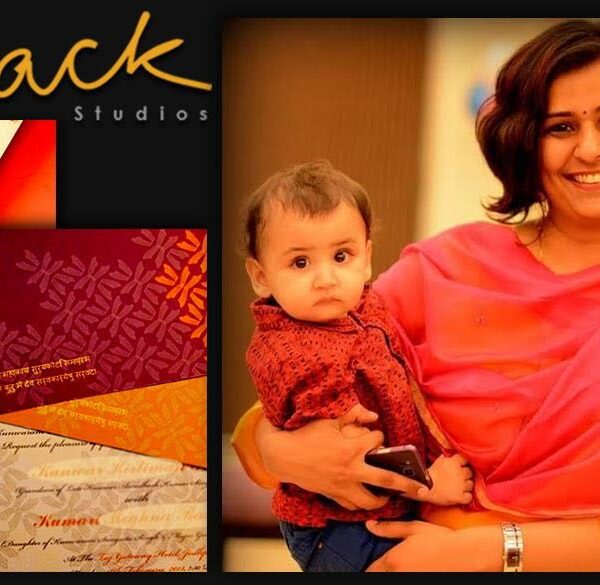Against the backdrop of silence that reverberated through the hospital ward, I could hear the agonised sobbing of a woman as I walked towards the ICU. Oblivious of the unsaid messages that others’ faces were trying to tell me, I kept walking for I wanted to see the smiling face of my friend again. But my confrontation with her shrouded face gave vent to an emotional eruption from my eyes. Engulfed in darkness, darkness that pinched my eyes, I froze, for I couldn’t bear the thought of not seeing my friend’s smiling face again. Her suicide note simply read “Sorry ma, I’m sorry”, but no one knew what she was sorry for .No one but me. She’d lost her father at a very young age. Since then she’d seen her mother struggle like anything to earn and educate her and her younger brother. But alas, her interest and aptitude for engineering bore her no advantage in the selection exam. She was “sorry” for being unable to qualify it. But were she, and her low marks responsible for her death? Or did this future inspiring achiever die at the hands of something else?
The Indian education system is considered by many as one of the better education systems of the world. I, however, having been a part of it for over twelve years now, am amply familiar with it to deem the above statement…well not really false, but certainly, not true. I opine that as an education system, the Indian education system doesn’t completely serve its purpose. All throughout this article I shall give you reasons aplenty to agree with me on this seemingly derogatory appraisal, but while doing so, I implore you to keep a rational, open-minded frame of thought.

Now on the onset itself allow me to define certain parameters which I believe are complete and sufficient criteria for the measure of the success of an education system. Yes, these aren’t all- encompassing criteria, but they are good enough to highlight both the achievements and the loopholes of the system.
Criterion 1: Is what it claims to be. Is the Indian education system really an education system? In the sense that is it really able to interpret education correctly?
Criterion 2: Bridging of socio-economic divides. Now ‘bridging’ here not only means leading the country towards socio-economic development, instead it also has a connotation of putting the poor student at par with the rich student such that both have an equal opportunity of excelling, irrespective of their social statuses.
Let me begin by acknowledging the fact that there is a very thin line of distinction between education and knowledge, yet the difference between the two is phenomenal. While knowledge is all about the technical, and non-technical know-how relevant to a particular subject, education goes far, far deeper than that.
Education is, in essence, a proportional amalgamation of knowledge, social conduct, moral values, independence of thought (read resistance to societal conditioning) and spiritualism.
Pardon me if I have foundered in satisfying you with my definition of education, but this definition, however incomplete, shall serve my purpose. Now in India’s education system everything, literally EVERYTHING is marks-centric. One studies solely for marks, not for the intellectual/academic edification that the subject has to offer . Why? Because good marks means a good college, which in turn means a good career. Now mark, dear reader, that India’s education system fails to realise the fact that good marks can not, and do not, imply good education. They can only imply a good knowledge, or as is the case many-a-times, simply a good cramming ability.

A student in India is conditioned into believing that his only ambition in life is to get a good grade (which by the way is somewhere near, if not exactly, 100%). The pressure that parents and teachers put on a student forces him to consider himself a failure if he fails to satisfy their expectations. The Indian education system fails to acknowledge a student’s morality, his individuality and most importantly, his practical innovativeness. So essentially, it fails to acknowledge education itself. Therefore, while India has a commendable knowledge system (read marks system), it has a condemnable education system. And country-leading inspirational achievers are not made in knowledge systems.
Now allow me to deal with Criterion 2 by confronting you with a situation.
P is a student in a rural area. She can not avail facilities like coaching or tuitions. All she has is an underqualified teacher, and her will to go beyond the boundaries of her village. She is intelligent and industrious, both in the superlative degree. In short, she is an imminent top inspiring woman. Let me now introduce you to Q, son of a rich businessman who lives in his duplex house. He goes to a good school, but doesn’t study there. Why should he? His tutors have already taught him everything. Well his tutors did teach him, but did HE study? Well even if he didn’t, his coaching class must have done the requisite. And Q is quite busy hanging out with his friends, or WhatsApping on his smartphone. So now, both P and Q give a competitive exam, as do fourteen lakh ninety nine thousand nine hundred and ninety eight others. P scores 104(such an inspiring achievement! what could be more miraculous?). Q scores 106. The cut-off is 105. Q cleared the cut off (now this could be more miraculous! Anyway, congratulations to him!). And yes, quite unfortunately, P didn’t clear the cut off.
Yes, dear reader, your deepest sympathies reach out to P, and so do mine. Now think rationally, who was more deserving? Inspirational achiever P, right? What is the purpose of an education system that fails to bestow the deserved upon the deserving?
You worked REALLY hard, you did all your capacity allowed, you deserved it, but you didn’t make it because your parents couldn’t afford to send you to a coaching centre. Not fair.
Thus, the Indian education system, in a very fundamental sense, perpetuates the “have not” state of the have not’s.
Now let me come to the ‘socio’ part of the socio-economic criterion. Quotas. Why in the name of lord should caste-oriented quotas be given? It simply defies all logic! Yes, there should be a good, legitimate amount of quotas, but only for the economically and physically crippled. To literally snatch away a “general” candidate’s seat only to give it to a “quota” candidate who had virtually the same facilities as his “general” counterpart is simply injustice. Concluding, the Indian education system has fundamental flaw in its definition of justice.
By now I believe that I have given you enough evidence of the validity of my stand. The Indian education system is a very vast entity, but, dear reader, respecting your patience and your attention span (or at least trying my level best to do so!), I shall proceed to conclude.
I earnestly hope that you will mull over what you have read just now, and think of solutions to the problems that cripple the Indian education system.












